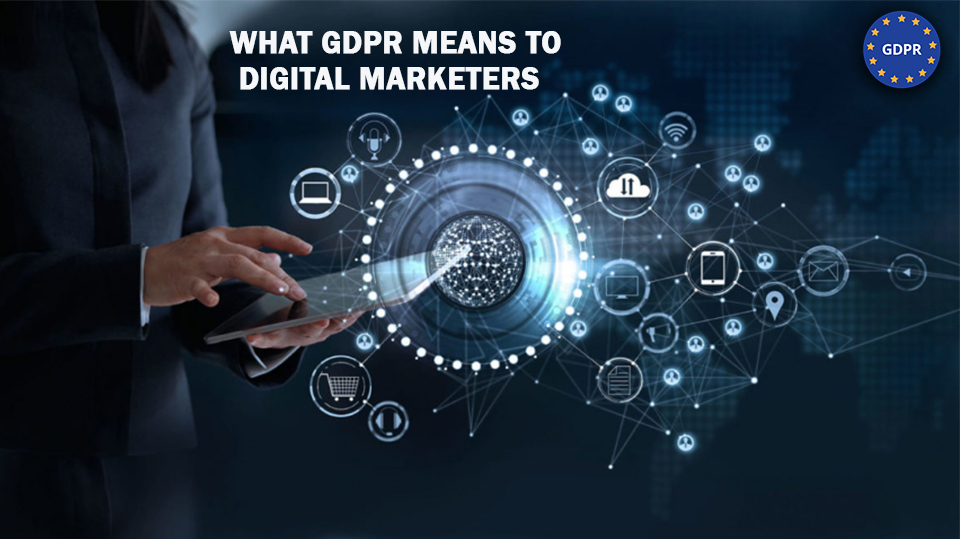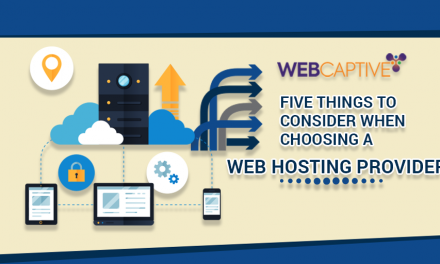Before the implementation of GDPR, you as a digital marketer could probably send emails in bunches to your target audience in Europe irrespective of whether they had or hadn’t subscribed to your mailing list. However, since the entrée of GDPR such unwanted emails or ones containing spam links have been clamped down. It has become an essential aspect of the marketers or sales reps to adhere to for any business transaction.

GDPR stands for General Data Protection Regulation. It was adopted on 14th of April ’16, but officially came to the forefront on 25th of May 2018. The effect of implementation of GDPR was that businesses and professionals had to change their marketing strategy when communicating with the European audience.
Gone are the days when companies could spam users with tons of emails and get them to respond.
GDPR was created with a mission to replace the 1995 Data Protection Directive and to optimize cyber mishaps emerging with the digital age. The Internet was growing in leaps and bounds across Europe; so, the European Commission instituted this method that gave its citizens more control over their personal data.
However, it was also giving companies a fair chance to establish proper rapport with end users with less or no spam emails.
Hey, click here to know about the next big thing in digital marketing.
HOW GDPR AFFECTS BUSINESSES?
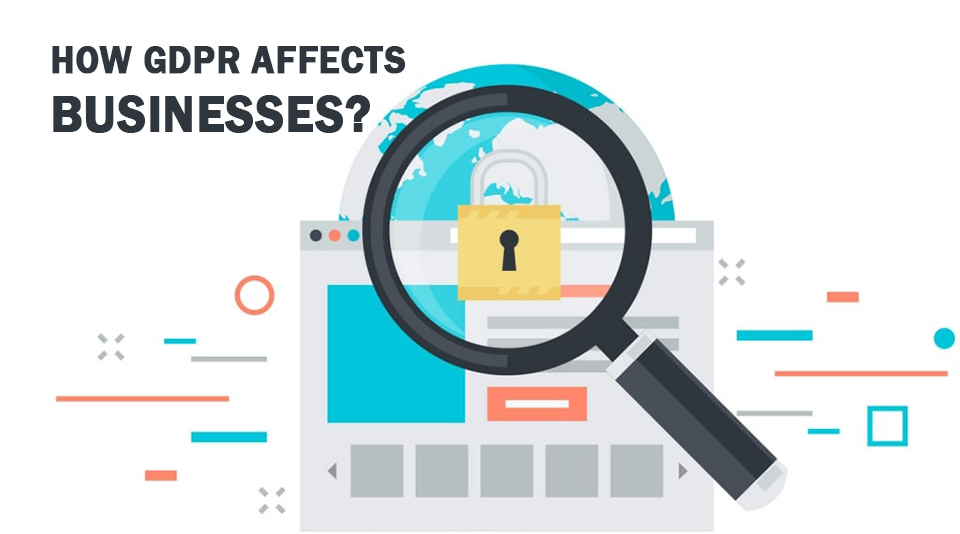
A company will seek to collect data of its end users whether it is big or small. All these data will then be used for marketing and advertising purposes. However, their digital marketers will have to comply by the rules of the GDPR Policy during commercial interactions with European entities.
According to the General Data Protection Policy, the companies should obtain the end-users approval before using their data.
The intention behind the rise of GDPR was to curb cyber-crimes and spam messages within Europe. However, it created quite a shake for marketing and sales sections of the businesses.
Why? Data is vital for a digital marketer or a sales rep. It is more than obvious when the massive online data which was once free to use were suddenly surrounded by strict laws.
The challenges occurred to the smaller companies along with behemoths like Google, Facebook and Apple. They had to monitor the data they were storing and using which made them incur huge business expenses. In addition to this, not all digital marketers of these companies could be made completely aware of the GDPR law in one go.
However, business organizations around the world have already or are in the process of being GDPR complaint. It is essential for an unhindered transaction with European companies and individuals.
WHY INTRODUCE GDPR NOW?
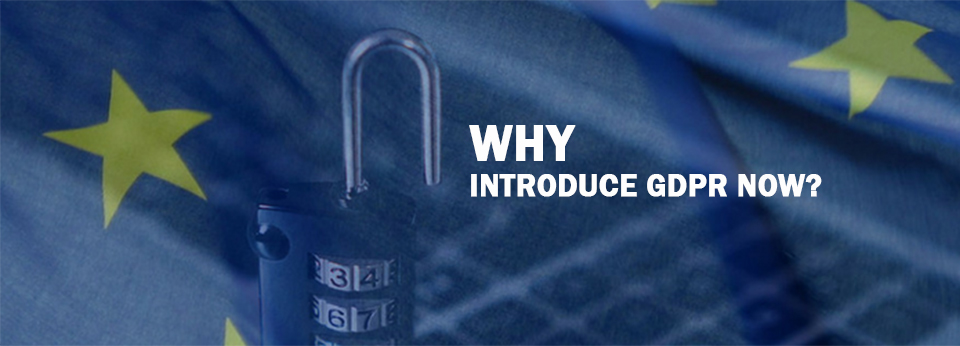
With Data Privacy becoming a severe issue, the governments just cannot dust this issue off their shoulders. Therefore, the European Union paid special attention to this concept and made GDPR a mandate for any online data transaction especially for the business organizations.
GDPR is the evolved version of the Data Protection Directive which puts the individuals first and grants them more say in their personal data. This new move makes businesses that fall under the GDPR wing more accountable. They can’t just have a “spray and pray” strategy as the GDPR law will call them out.
Likewise, companies cannot use personal data as before for their gain. GDPR gave the end users the upper hand and the businesses have to adjust with data protection rules for increased revenue and sales opportunities.
But, why did it become more stringent recently?
The data privacy principle mentioned in the original directive was ancient and outdated. It did not include modern concepts like social media, augmented reality, virtual reality, and smart-phones. Moreover, it was merely a directive and could not be enforced upon. If necessary, the companies could opt out of it entirely with no ramifications to their mailing strategy
Also, the usage of internet has risen to unexpected heights which has brought both positive and negative effects. GDPR policy has become more stringent due to the flaws of having online data.
While GDPR may sound all fine and dandy to the end users, the entities who bear the real brunt of it are the digital marketers. With the onset of GDPR, they need to find innovative ways to get their message across their European target audience and, be careful not to hit their “spam” boxes.
SO, WHAT DOES GDPR MEAN FOR DIGITAL MARKETERS?
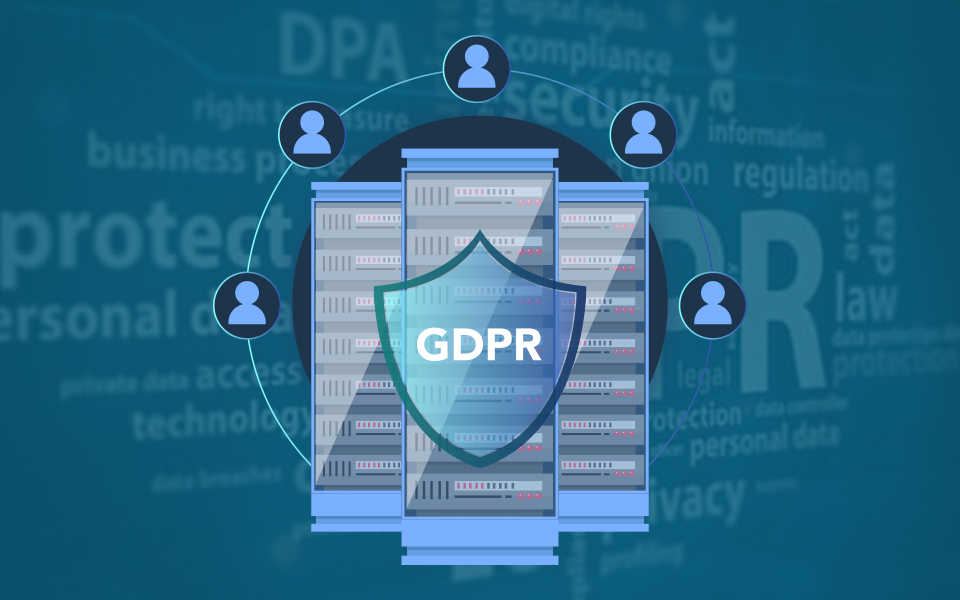
Now let’s turn to elaborate on the actual meat of the matter.
If you are a digital marketer, how and why you will be affected by GDPR?
Say you’re an American business whose primary market lies within Europe. You must adhere to the rules of GDPR and follow it to the T or risk a big fine for breaching rules. As a digital marketer you need to see that your marketing efforts are following the European law for data protection.
The next thing you need to be concerned as a digital marketer is that, you have to be completely transparent when you are collecting someone’s data. If there is any misconception or any doubt only because the end user could not understand how his/her data will be used, it could turn out to be problematic for the business.
With all these new factors in play, the digital marketers cannot follow the strategies of the yesteryears to reach potential customers within Europe. They must be extra careful and creative when creating marketing messages to convert a lead to a sales prospect.
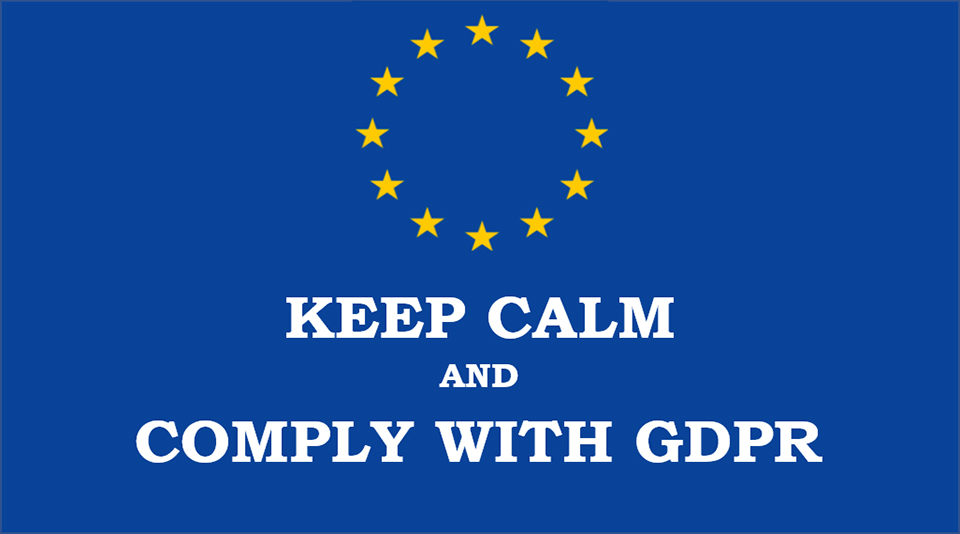
HOW DOES GDPR IMPACT MARKETING?
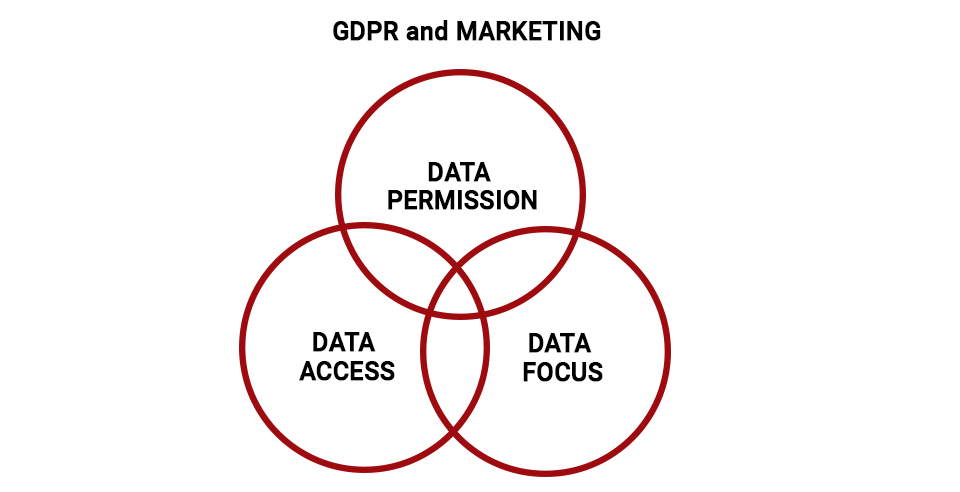
GDPR, when looked at from an everyday person’s perspective, might seem a tad bit extreme. This is especially true with smaller or less funded companies. But when you think about it intellectually, then there are only three things you need to keep your focus on:
i. Data Permission
ii. Data Access
iii. Data Focus
Let’s elaborate on each point individually.
1.Data Permission
Data Permission means to manage the opt-in email requests that you receive. You need to have a checking box or other mean to inform that they will be interested in receiving promotional materials from you in the future.
The digital marketers cannot assume that people who sign up to your mailing list will automatically be interested in your products/ services. Before sending them any updates that will bring monetary returns to the business, make sure that the company has the explicit approval from the end users.
Wish to run a smooth online business? Build a mobile responsive website now!
2.Data Access
The right to be forgotten was one of the hot topics of discussion in the recent EU Justice Court rulings. The meaning of this term is that people have the right to get inaccurate or outdated data removed from the internet. Many internet behemoths have complied with this rule and Google as of late had to delete several pages from its search results to meet with the latest set of rules.
With GDPR policies in play, the customer will always have the upper hand, and it is your responsibility as a marketer to make your data readily available to be accessed by consumers. If need be raised, a request to change his/her consent or even remove the data in its entirety.
In Email Marketing this can be done by merely adding an unsubscribe button which will allow the users to opt out from your mailing list if it doesn’t bring them the necessary value, they thought it would provide.
But this process is easier said than done.
A study concluded that 10% of all emails do not include a unsubscribe button.
3.Data Focus
When you are a digital marketer, you want to know everything about your end users so that you can make suitable buyer personas. But according to GDPR laws, it is illegal to collect too much data.
Therefore, steps should be taken to see which data you need and is most necessary for your business while dealing with European companies.
THE COST OF FAILING TO COMPLY
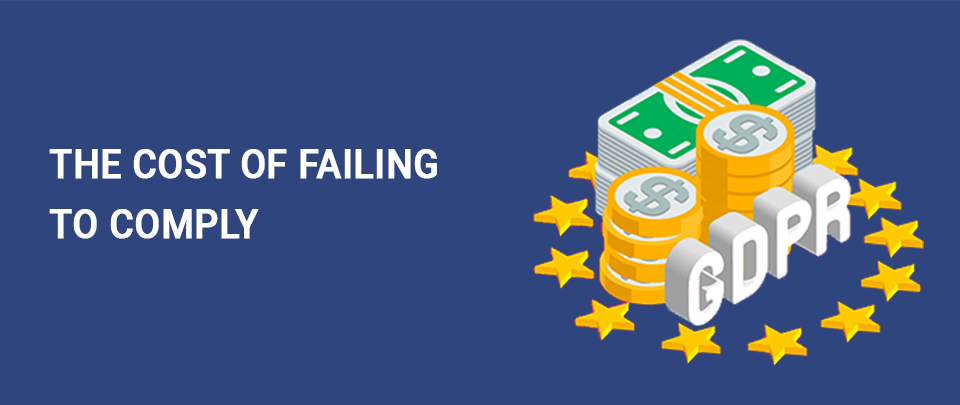
Since the deadline for GDPR is done and dusted, many businesses are still dazed. They’ve shifting from pillar to post to make sure that they’re GDPR compliant. There several criteria like nature of infringement, intention, history, certification which are considered for the amount and kind of penalties.
Read on to more about fines and penalties for breaching GDPR rules.
THE FINAL TAKEAWAY
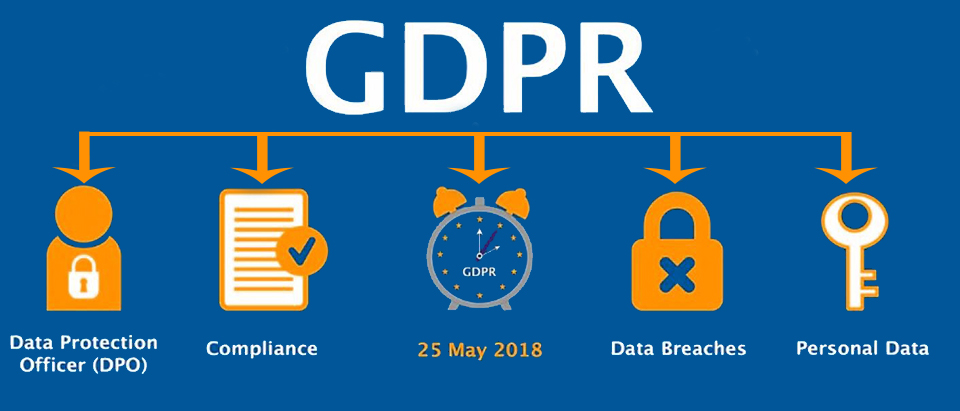
GDPR being new poses a specific set of challenges to business owners and digital marketers as well. With GDPR in place, the marketers cannot use the age-old techniques that they used to have success with. They need to come up with new and creative ways to avail the attention of the end users without stepping on the GDPR’s foot.
Ultimately GDPR reduces the spam emails that the users were exposed to in the beginning. Nowadays, marketers have to focus on building trust and transparency in their messaging to get the attention of the end users and eventually get them to buy your product or service.
Marketing is a capricious. But change is the only constant and we’ll make sure you are well-updated. Now that you’ve checked the article till this point, let us know if it was useful or not.
Stay tuned with us for more on online marketing!

